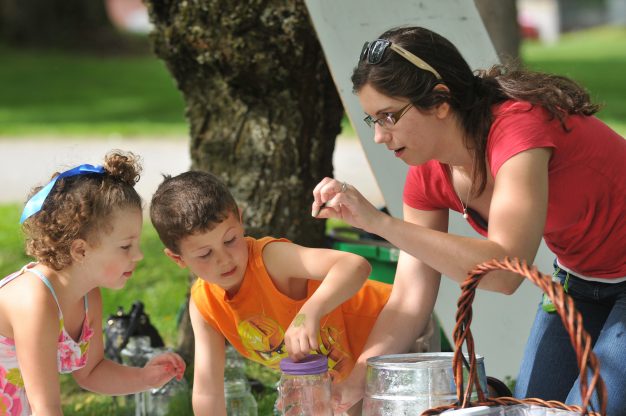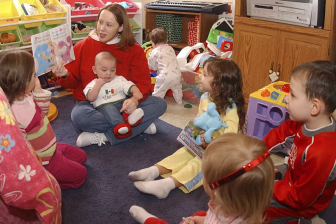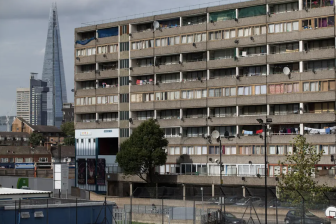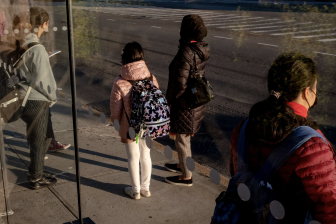
Soaring costs mean England’s early years providers are ‘in crisis’
England’s nurseries, pre-schools and childminders say that rising costs and a lack of funding are putting ‘unsustainable pressure’ on the early years sector.
A survey by the Early Years Alliance found that an overwhelming number of providers – around 89 per cent – have either put up or are planning to increase their fees, by as much as eight per cent, this year.
Over 1,100 responses were received from early years providers over a two-week period in January, with almost seven in ten (69 per cent) saying to either increase or bring in new charges for optional extras, such as meals and trips. Tellingly, this is more than double the number who said they were planning to do so in a similar survey carried out in 2019.
Over a third of pre-schools, nurseries and childminders also said there was a good chance that rising costs would force the closure of their setting within the next year, with a quarter describing this as ‘somewhat likely’ and almost nine per cent saying it was ‘very likely’.
‘Nurseries face an impossible choice’
Neil Leitch, CEO of the Early Years Alliance, said it was clear that the early sector was ‘in crisis’.
“As our survey findings clearly show, current levels of government funding are nowhere near enough to support the delivery of affordable, sustainable quality care and education. As a result, nurseries, pre-schools and childminders are being left with an impossible choice: substantially increase fees for parents and carers or go out of business altogether,” he said.
“With inflation still sky-high, and the national living wage set to increase by record levels in just a couple of months, this situation is only going to get worse unless the government takes urgent action. Enough is enough. Providers deserve better, parents deserve better and, crucially, children deserve better.
“It is vital, therefore, that the upcoming Spring Budget includes a clear plan for the future of early education and childcare in this country, underpinned by the substantial additional investment needed to ensure the sustainability of the early years. The sector simply won’t survive anything less.”
The Government has recently published a report, The Best Start for Life: a progress report on delivering the Vision, which reports on its work to improve services and resources for the ‘1001 critical days’ – the period of a child’s life up until the age of two.
‘I do not want to pass on the costs to parents’
Andrea Leadsom, the Government’s Early Years Adviser, says in the report that joined up services that deliver the best start for every baby should be a core part of the ‘universal offering’ of education and good health.
This year, she said, would be the time to roll out its vision further, and families will ‘begin to see a difference in the level of support for them’. For nurseries and other providers, the Government will also work closely with service providers to ensure broad support across the early years and family sector.
The worrying situation is perhaps best summed up with the feedback in the report from this childcare provider:
“For the first time since the setting opened, we are at risk of closure. I cannot keep paying my staff an appropriate wage when I have to balance increasing bills. I do not want to pass all the costs onto parents, and fear that if I do then their children will not attend so the end result will be the same.
“I do not understand how any business can be expected to support such a huge percentage increase in salaries. The other options are to reduce how much we spend on food and resources which goes against everything I believe in and the purpose of running the pre-school.”




